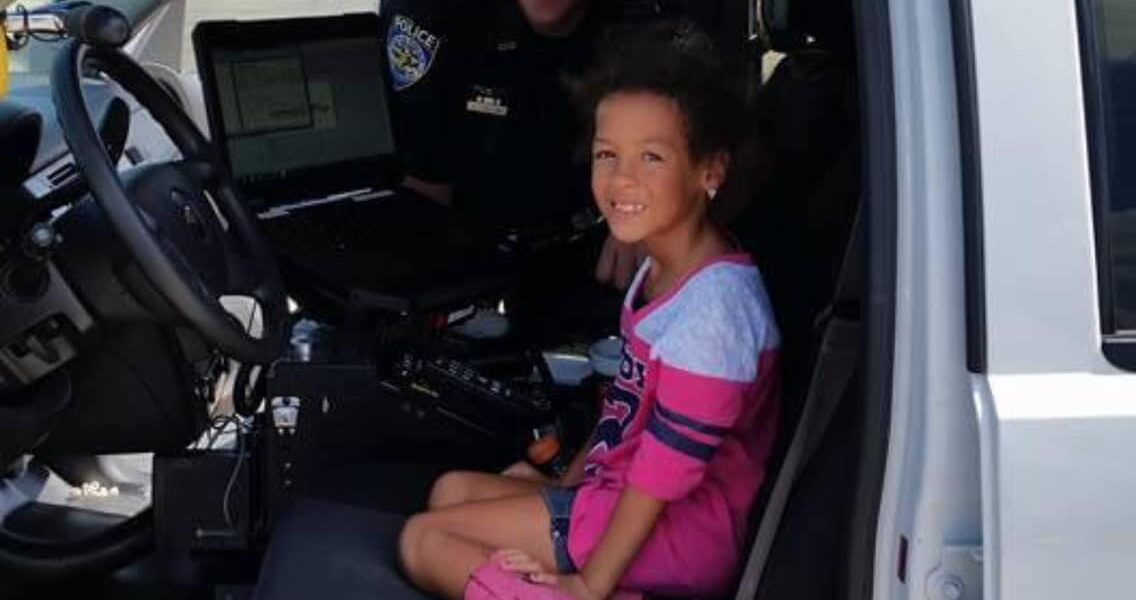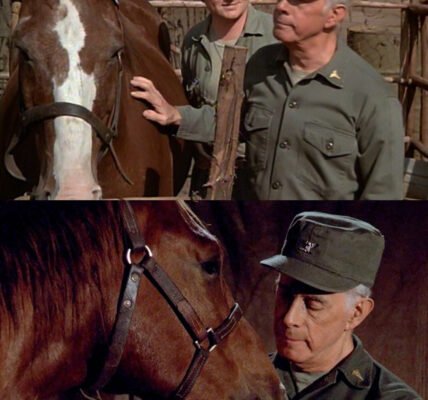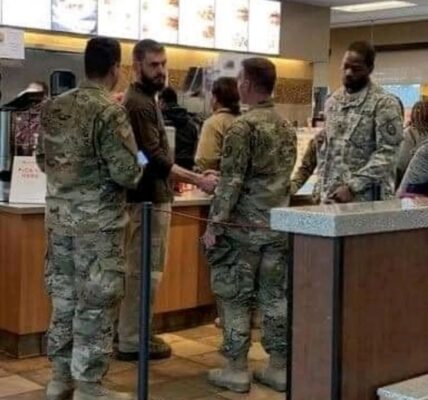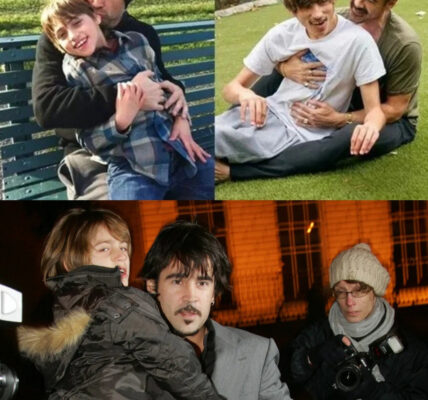
It started out as an ordinary day on the road. Mikylie was riding with me again, curled up in the sleeper, keeping me company on another long haul. The hum of the tires, the rhythm of the road—it was just us and the miles ahead.
Then the flashing lights appeared in the mirror. A Frisco P.D. commercial vehicle enforcement officer had pulled me over. My heart quickened, not out of guilt, but because I knew what this might mean for my daughter. She has seen things on the news, heard things in conversations, and her young heart carries fears she doesn’t fully understand yet.
I followed the officer to where they were set up, parked the truck, and stepped out. He asked for my license and registration. Calmly, I handed him my driver’s license along with my license to carry. I told him, “I have a pistol on my right hip—do you want to retrieve it?” I wasn’t hiding anything. I wanted to be transparent.
Just then, Mikylie stirred in the sleeper. She climbed out, eyes wide, her little voice breaking as she began to cry. Her fear was immediate and raw. And I knew exactly why. In her young mind, police lights meant danger. Confrontations meant something bad was about to happen. And to her, the sight of a Black man in uniform standing next to her father only amplified that fear.
In that moment, both the officer and I realized there was more at stake than just a traffic stop. This was a teaching moment—a chance to change the story in her head.
So together, we crouched down and spoke to Mikylie. We explained gently, “Not all cops are bad. Not all Black men are bad. Sometimes what you see or hear makes it seem that way, but people are people. Some are here to hurt, yes—but many are here to help.”
The officer didn’t just say the words—he showed her. He handed her a bright sticker, a small token that seemed to ease the tears. Then, instead of leaving her with fear, he gave her an experience she would never forget. After writing me my overweight ticket, he invited her to sit in his cruiser. She pressed the buttons, lit up the sirens, played with the flashing lights. For the first time that afternoon, her tears turned to laughter.
And me? I stood there the whole time, pistol still on my hip, for nearly an hour and a half. There was no hostility, no shouting, no danger. Just two men, different backgrounds, teaching a little girl that fear doesn’t have to define the moment.
When we finally drove away, Mikylie’s perspective had shifted. Maybe just a little, but it mattered. She had learned that not all encounters with law enforcement end in tragedy. Not every situation goes wrong. Sometimes, even in an unexpected traffic stop, there’s space for understanding, kindness, and hope.
It wasn’t just about a ticket that day. It was about rewriting a story for a child—showing her that there are still good men out there in uniform. And that sometimes, the sirens don’t mean something bad has happened. Sometimes, they mean you get a chance to learn something important about the world.




